Newsletter 02/2016
Research
DFG-Project “Rain as a groundwater tracer” accepted
CAWR scientists of the UFZ department Monitoring and Exploration Technologies and the TU Dresden Institute of Groundwater Management attracted DFG funding for a research project focusing on native precipitation waters as groundwater tracers (Start of the project: 1th January 2016, duration: 3 years). Profound knowledges of structure and characteristics of groundwater systems are essential for the reliable parameterization of hydrological transport models. Contrary to the common method using artificial, costly and ecologically critical tracers, the scientists want to use the flowing medium “water” to describe groundwater flow behavior. Natural characteristics of different water types should be specifically utilized: stabile isotope ratio of waters, natural electrical conductivity and water temperature. These research activities are based in CAWR thematic field 4. More information: Prof. Dr. Rudolf Liedl (TU Dresden), Prof. Dr. Peter Dietrich (UFZ)
Markus Weitere as member of the DFG review board "Wasser research"
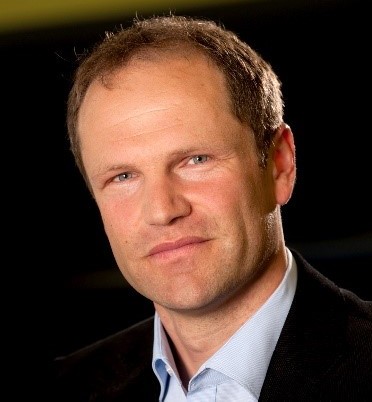 Markus Weitere © UFZ
Prof. Dr. Markus Weitere (CAWR, UFZ, TUD chair of “Applied River Ecology”) was elected amongst other water scientists for the DFG review board 318 "Water Research", which combines research in hydrogeology, hydrology, limnology, urban water management, water chemistry, integrated water resources management. Main responsibility of this review board is the thematic evaluation of funding proposals in their specific subject area. The members of review board will give a funding recommendation which will be submitted to the relevant decision-making body of the DFG together with the respective proposals. More information here.
Markus Weitere © UFZ
Prof. Dr. Markus Weitere (CAWR, UFZ, TUD chair of “Applied River Ecology”) was elected amongst other water scientists for the DFG review board 318 "Water Research", which combines research in hydrogeology, hydrology, limnology, urban water management, water chemistry, integrated water resources management. Main responsibility of this review board is the thematic evaluation of funding proposals in their specific subject area. The members of review board will give a funding recommendation which will be submitted to the relevant decision-making body of the DFG together with the respective proposals. More information here.
Events
CAWR-Workshop „Human Capacity Development in the area of Decentralized Waste Water Management“ in Leipzig
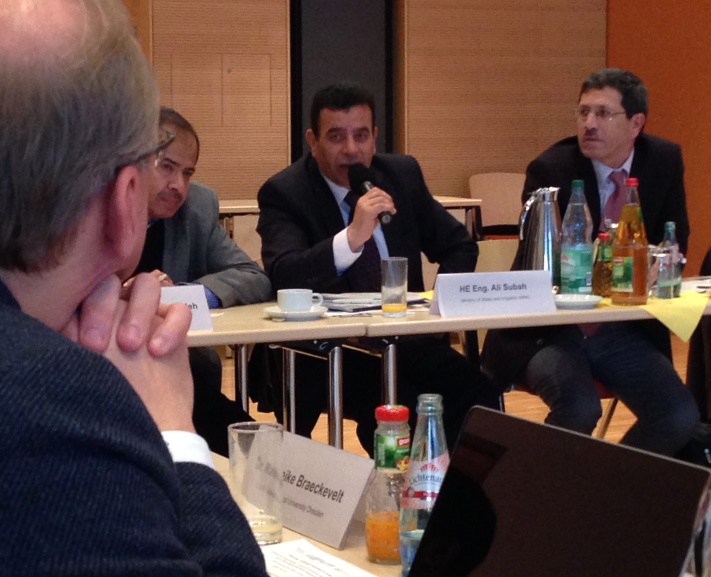 GIZ-Workshop © Greta Jäckel, UFZ.
A CAWR-Workshop with the topic “Towards Joint Implementation of Capacity Development Measures in the Area of Decentralized Wastewater Management in Jordan” took place on November, 19th 2015 in Leipzig. Scientists of the CAWR, representatives of the German Society for International Cooperation (Gesellschaft für Internationale Zusammenarbeit – GIZ) as well as stakeholders from Jordan met during this workshop, in order to present and discuss Human Capacity Development measures in the area of decentralized wastewater management in Jordan. Decentralized waste water management is a joint topic, on which both institutions are working on together with national stakeholders in different projects. Especially the knowledge gained within the BMBF-funded projects SMART and NICE as well as the GIZ-project ACC were the basis of the discussions. In order to ensure a long-term transfer of scientific research results into praxis, the communication with the experts of the GIZ is a valuable supplement for the implementation of research results of the CAWR.
GIZ-Workshop © Greta Jäckel, UFZ.
A CAWR-Workshop with the topic “Towards Joint Implementation of Capacity Development Measures in the Area of Decentralized Wastewater Management in Jordan” took place on November, 19th 2015 in Leipzig. Scientists of the CAWR, representatives of the German Society for International Cooperation (Gesellschaft für Internationale Zusammenarbeit – GIZ) as well as stakeholders from Jordan met during this workshop, in order to present and discuss Human Capacity Development measures in the area of decentralized wastewater management in Jordan. Decentralized waste water management is a joint topic, on which both institutions are working on together with national stakeholders in different projects. Especially the knowledge gained within the BMBF-funded projects SMART and NICE as well as the GIZ-project ACC were the basis of the discussions. In order to ensure a long-term transfer of scientific research results into praxis, the communication with the experts of the GIZ is a valuable supplement for the implementation of research results of the CAWR.
Kick-off meeting of the project: MikroModell in Dresden
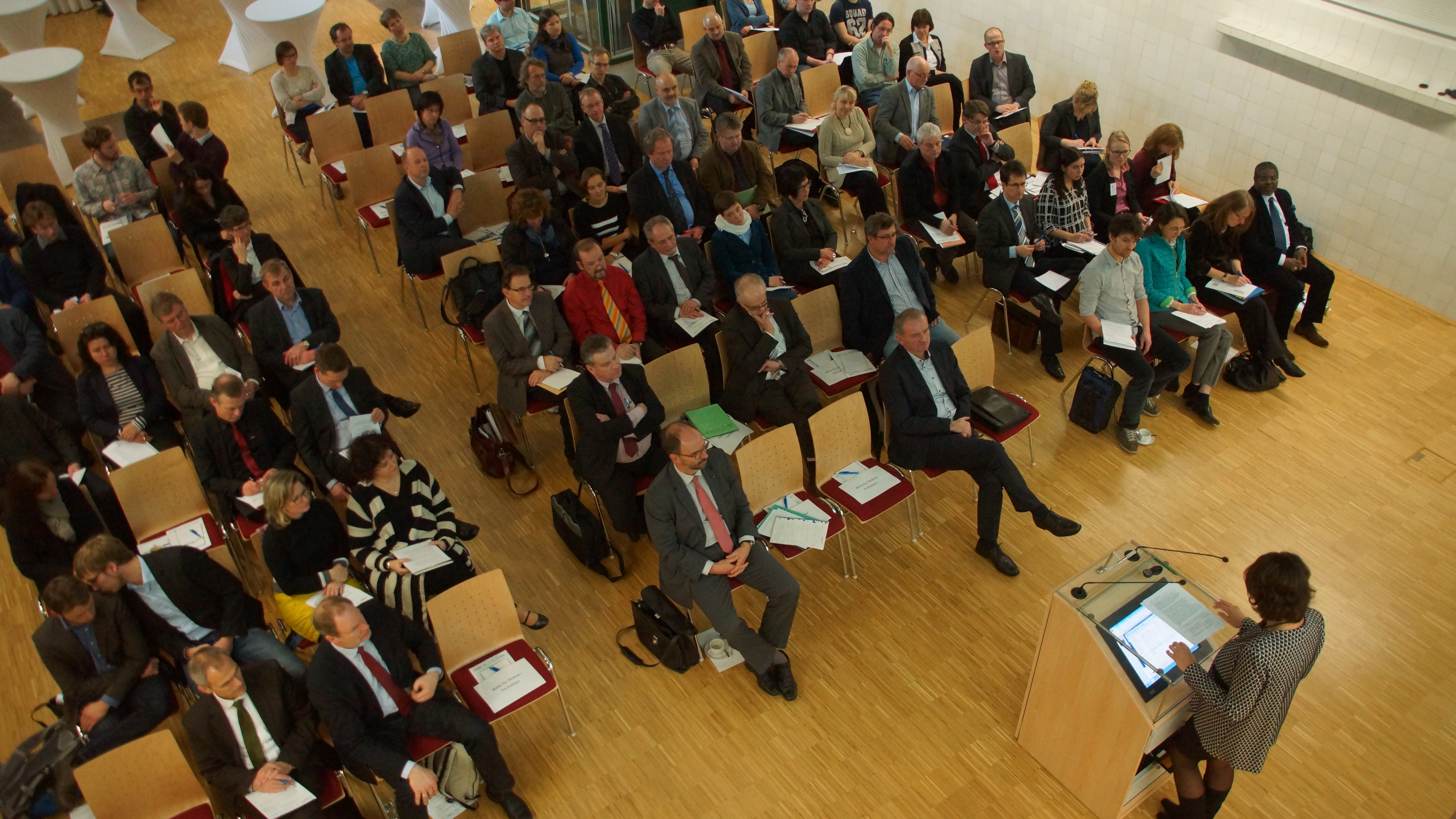 MikroModell © Torsten Fiedler, Stadtentwässerung Dresden
The Kick-off meeting of the joint project “MikroModell” (Coordination: TU Dresden) took place in Dresden-Kaditz on January, 28th 2016. The aim of the project is to develop a flow model for the simulation of possible stress scenarios through new and low concentrated pollutants. Sources of the so-called micro-pollutants are chemical, agricultural and pharmaceutical industries. Furthermore, the goals of the projects is the development of a guide for reducing emissions of these micro-pollutants with respect to water quality. The project was founded for three years by the DBU, the Saxon Ministry of Environment and GELSENWASSER AG. Important interfaces of CAWR with “MikroModell” ensue mainly in the thematic field 1 Water Quality, 3 Urban Water and 4 Data Collection and Information Processing.
MikroModell © Torsten Fiedler, Stadtentwässerung Dresden
The Kick-off meeting of the joint project “MikroModell” (Coordination: TU Dresden) took place in Dresden-Kaditz on January, 28th 2016. The aim of the project is to develop a flow model for the simulation of possible stress scenarios through new and low concentrated pollutants. Sources of the so-called micro-pollutants are chemical, agricultural and pharmaceutical industries. Furthermore, the goals of the projects is the development of a guide for reducing emissions of these micro-pollutants with respect to water quality. The project was founded for three years by the DBU, the Saxon Ministry of Environment and GELSENWASSER AG. Important interfaces of CAWR with “MikroModell” ensue mainly in the thematic field 1 Water Quality, 3 Urban Water and 4 Data Collection and Information Processing.
Faces of CAWR
New CAWR-Junior-Professor for Contaminant Hydrology: Marc Walther
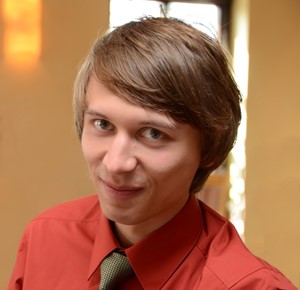 Marc Walther © UFZ
On October 1st, 2015 Marc Walther started at the TU Dresden as as a Junior-Professor for Contaminant Hydrology in joint appointment with the Helmholtz-Zentrum for Environmental Research - UFZ. The scientist completed his PhD successful in 2014 within the BMBF-project IWAS (Coordination: TU Dresden and UFZ) and is interested in water quality and quantity in near-coastal aquifer systems. Especially in (semi-)arid countries, the often non-renewable water resources are endangered by exploitation resulting in water scarcity, and contamination. Also, consequences for the adjacent ecosystems, e.g. eutropication and pollution of coastal marine habitats, need to be considered. To give answers to the various questions in these non-linear flow and transport systems, the scientists is going to use numerical methods, while working in close cooperation with various research groups on the different aspects that emerge from this topic, within the CAWR, on the national (e.g. Leibniz University Hannover) and international level (e.g. Flinders University, Australia).
Marc Walther © UFZ
On October 1st, 2015 Marc Walther started at the TU Dresden as as a Junior-Professor for Contaminant Hydrology in joint appointment with the Helmholtz-Zentrum for Environmental Research - UFZ. The scientist completed his PhD successful in 2014 within the BMBF-project IWAS (Coordination: TU Dresden and UFZ) and is interested in water quality and quantity in near-coastal aquifer systems. Especially in (semi-)arid countries, the often non-renewable water resources are endangered by exploitation resulting in water scarcity, and contamination. Also, consequences for the adjacent ecosystems, e.g. eutropication and pollution of coastal marine habitats, need to be considered. To give answers to the various questions in these non-linear flow and transport systems, the scientists is going to use numerical methods, while working in close cooperation with various research groups on the different aspects that emerge from this topic, within the CAWR, on the national (e.g. Leibniz University Hannover) and international level (e.g. Flinders University, Australia).
More information: here / here.
PhD - Modelling impact of land-use change and climate variability on stream flow dynamics of Mara River Basin in East Africa: Hosea M. Mwangi
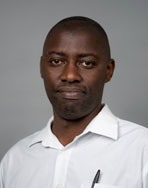 Hosea M. Mwangi © TU Dresden
CAWR-Scientists of the Institute of Soil Science and Site Ecology at TU Dresden are collaborating with scientists of Bangor University in Wales, United Kingdom and Jomo Kenyatta University of Agriculture and Technology in Nairobi, Kenya on a joint PhD research project. Since october 2013 the PhD candidate, Hosea M. Mwangi has been investigating the impact of forest-related land use change on the hydrology of Mara River Basin in East Africa. Time series modelling is used to investigate the association between past land-use change, climate variability, and the observed change in stream flow of the River Mara. First results indicate only little impact of climate variability. Particularly deforestation is the main driver of change in stream flow of the Mara River. More Information here / here oder Hosea.mwangi@mailbox.tu-dresden.de
Hosea M. Mwangi © TU Dresden
CAWR-Scientists of the Institute of Soil Science and Site Ecology at TU Dresden are collaborating with scientists of Bangor University in Wales, United Kingdom and Jomo Kenyatta University of Agriculture and Technology in Nairobi, Kenya on a joint PhD research project. Since october 2013 the PhD candidate, Hosea M. Mwangi has been investigating the impact of forest-related land use change on the hydrology of Mara River Basin in East Africa. Time series modelling is used to investigate the association between past land-use change, climate variability, and the observed change in stream flow of the River Mara. First results indicate only little impact of climate variability. Particularly deforestation is the main driver of change in stream flow of the Mara River. More Information here / here oder Hosea.mwangi@mailbox.tu-dresden.de
New CAWR coordinator as parental leave replacement: Eike Dusi
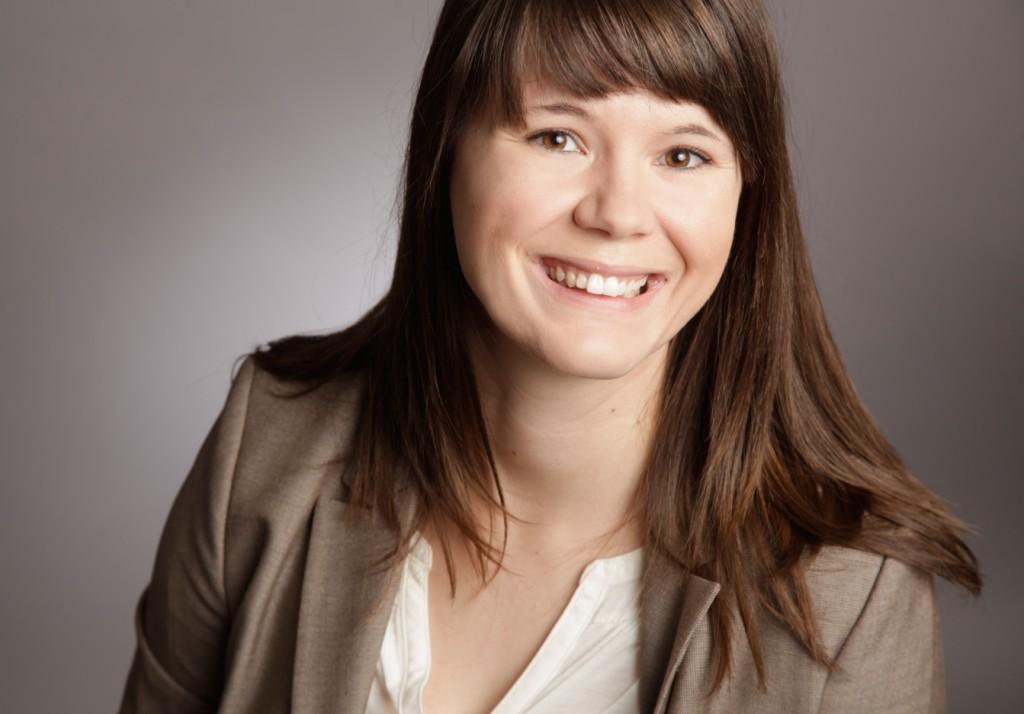 Eike Dusi
During the parental leave of Dr. Mareike Braeckevelt, Eike Dusi will be responsible for the CAWR coordination at the TU Dresden. The biologist, who worked on the influence of temperature changes on species interactions, took up her position at the Faculty of Environmental Sciences at TUD on January 1st, 2016. She will head the CAWR Coordination Office together with Greta Jäckel, UFZ.
Eike Dusi
During the parental leave of Dr. Mareike Braeckevelt, Eike Dusi will be responsible for the CAWR coordination at the TU Dresden. The biologist, who worked on the influence of temperature changes on species interactions, took up her position at the Faculty of Environmental Sciences at TUD on January 1st, 2016. She will head the CAWR Coordination Office together with Greta Jäckel, UFZ.

